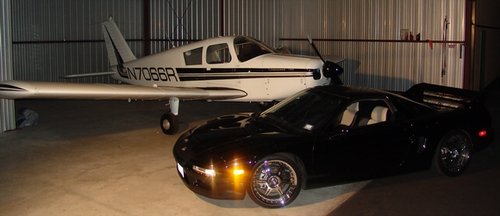Im scheduled to take an intro flying lesson and while perusing the website I saw some info for a commercial flight pilot license course.
I was wondering if any pilots here can give me some insight on what it takes to build a career in flying.
Although Ive read as much as I could from a few websites, lets assume I know nothing (not that hard) =P I know Im probably misinterpreting half the stuff Ive read.
Now GO!
edit: and If im being too vague lets say I just want to fly. No preference for more money, more high tech stuff, just fly. No family to worry about being away from, etc...
thats still too vague huh?
I was wondering if any pilots here can give me some insight on what it takes to build a career in flying.
Although Ive read as much as I could from a few websites, lets assume I know nothing (not that hard) =P I know Im probably misinterpreting half the stuff Ive read.
Now GO!
edit: and If im being too vague lets say I just want to fly. No preference for more money, more high tech stuff, just fly. No family to worry about being away from, etc...
thats still too vague huh?





